This month a company comes of age – it’s time to say Happy 18th Birthday ChannelAdvisor.
Founded by Scot Wingo and Aris Buinevicius (business colleagues who had worked together previously at AuctionRover before selling it to GoTo where it became GoTo auctions) the pair set up ChannelAdvisor to try and make sense of what was then still a nascent marketplace industry. This was a full five years before Tamebay was founded so we don’t know the exact date, but ChannelAdvisor could rightly be called the granddaddy of all multichannel management companies and paved the way for others to follow.
Back when ChannelAdvisor was founded, there were already some 800 odd auction sites on the web but eBay was the big boy. Even Amazon had hardly got going in 2001 – they didn’t launch the Amazon marketplace until 2003. No surprise that eBay became an investor in ChannelAdvisor in around 2008.
MultiChannel Management is today something we all take for granted. There are a ton of choices to choose from, many of which are listed in the Tamebay Guide, but in 2001 it was a new venture and ChannelAdvisor become a market leader to be emulated. It’s testament to their longevity that many of the names from that era are no longer trading or have been acquired and changed name but after 18 years ChannelAdvisor is still here and have influenced the entire industry in the process. We wouldn’t have the multitude of choice available today if there hadn’t been a stalwart to aspire to and try to better.
I remember the early days (pre-Tamebay) when I was a full time marketplace seller and was somewhat awestruck when ChannelAdvisor employees revealed that they were only really interested in companies turning over in the region of £25,000 a month, but that to get full benefit from the marketplace £50,000 and upwards was more realistic. Bearing in mind that this was almost two decades ago it was significant levels of trading, although in today’s marketplace industry it’s much more common place.
ChannelAdvisor have over the years changed their targeting from large online sellers to retailers and today heavily focus on assisting brands to be successful. As with all Internet businesses, to survive you have to be agile and change and, whilst there are many multichannel management companies to choose from today, ChannelAdvisor differentiate themselves with services such as ‘Where to Buy’, enabling brands to direct consumers from the brand website to a local retailer with the product they wish to purchase in stock.
18 years is a long time for any Internet business to survive, so a very Happy 18th Birthday ChannelAdvisor, and congratulations to Scot, Aris and all the countless others that worked to build the company over the past 18 years.
(A personal special mention to ex-ChannelAdvisor employee John Hayes who while at the company became Tamebay’s first ever commercial partner)

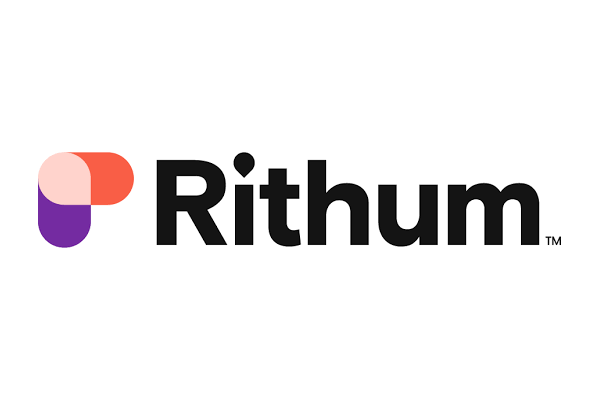
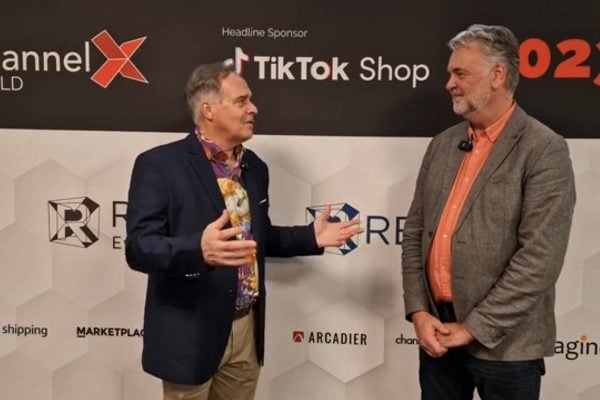

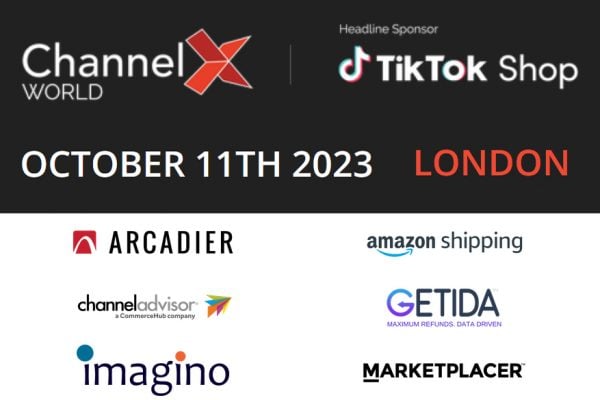


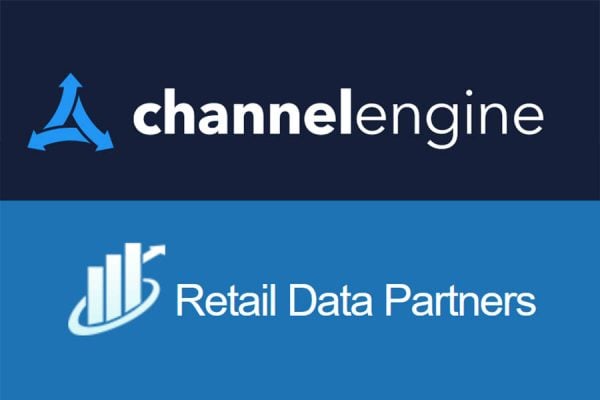
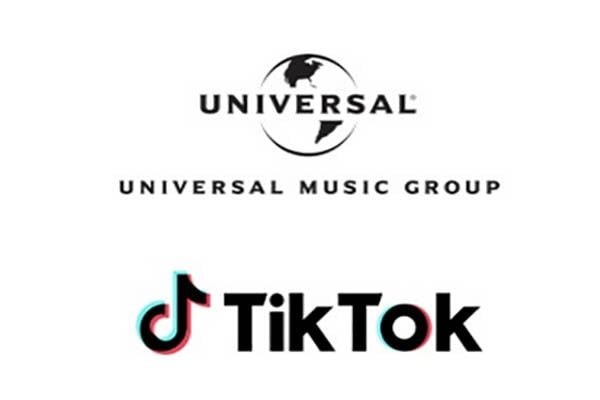

3 Responses
Chris, thank you for the kind words. ChannelAdvisor has been a special story and we could not have achieved anything without our many customers and partners. It is always a pleasure to see you at our conferences and We look forward to the next 18 years! Funny to imagine what commerce might look like in 2037…
Congratulations David, Scot, and Aris!
It just so happens that your blog entry, which I believe Scot penned way back in 2011, is the last public attempt of a meaningful eBay GMV ‘deep dive’ analysis that we can find (we have had some conversation with Chris about this too).
?
https://www.channeladvisor.com/blog/scot/clarifying-ebays-q3-gmv/
Many questions remain around precisely how eBay (and other marketplaces) perform its GMV calculus (e.g., strike-through-pricing vs actual sold price, best offer vs original list price, shipping, return-shipping, taxes, promoted listings and other fees, etc).
It would be an interesting and helpful undertaking for ChannelAdvisor, Tamebay (or another entity with expertise enough to tackle the subject) to update with an eBay GMV/take-rate analysis.
As noted in your post back then, “It is definitely going to be interesting going forward to see if the two definitions of GMV continue to be divergent….We’ll continue with this analysis…” ?